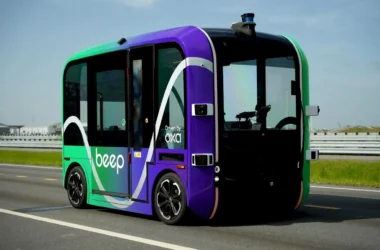
Tencent, the prominent Chinese tech and internet conglomerate, is set to introduce its latest artificial intelligence (AI) chatbot this Thursday, following recent regulatory approvals by the Chinese government.
The eagerly anticipated AI chatbot, which bears the moniker “HunyuanAide,” was teased in a social media post published by Tencent. The visually intriguing post provided a sneak peek into the AI chatbot’s capabilities, demonstrating its ability to assist users in composing promotional content. Tencent disclosed that it has been diligently refining its AI model, “Hunyuan,” for several months.
The journey commenced in February when Tencent assembled a dedicated team tasked with creating a ChatGPT-like chatbot, subsequently named “HunyuanAide.” In the intervening period, Tencent expanded the scope of internal testing for this innovative chatbot.
The New Chatbot Rival on the Block
The potential of Tencent’s chatbot to challenge ChatGPT’s dominance remains uncertain, with market dynamics yet to fully unfold. Nevertheless, what remains irrefutable is the global ascent of AI, with companies worldwide keen to harness its burgeoning popularity.
The significance of parameters in LLMs cannot be overstated, as an increased parameter count empowers the model to absorb more intricate data details. This, in turn, enhances the model’s overall efficiency and performance.
Tencent’s strategic unveiling closely follows the Chinese government’s recent greenlight for AI chatbots’ public release. Notably, other major Chinese tech players, including Baidu Inc. and SenseTime Group, rolled out their respective chatbots just last week.
Baidu’s CEO, Robin Li, recently asserted that China has witnessed the emergence of over 70 AI models to date, boasting language models with a staggering one billion parameters, thus categorizing them as large language models (LLMs).
Despite these developments, Tencent’s shares experienced a 1% dip on Wednesday, slightly more pronounced than the broader market’s 0.5% decline.
Source: mPost






